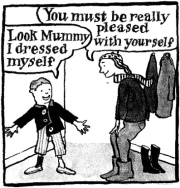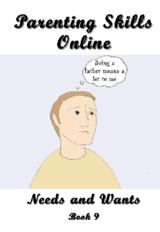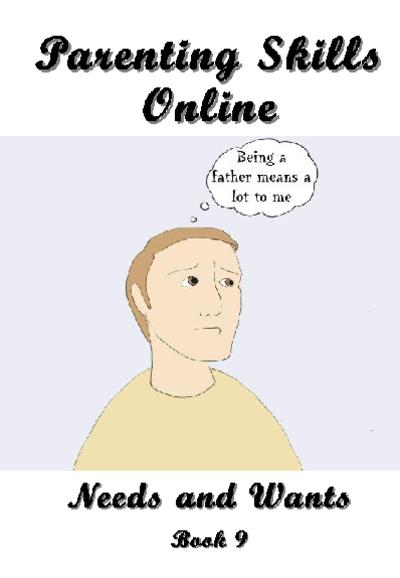 Strong-Willed Two-Year Old. Help!
Strong-Willed Two-Year Old. Help!
My two-year old daughter is becoming increasingly demanding and strong-willed. I don’t seem to be able to move without her either screaming or hanging onto me all the time. It’s as if she just wants her own way all the time. It’s incredibly frustrating as I can’t get anything done and sometimes I find I’m so tired I lose my temper and shout at her, which I’m always sorry for afterwards.
Have you any suggestions on how to get through this ‘terrible two’s’ phase any easier?
Sandra, Epping, UK
Supernanny’s reply:
Children learn about attachment to their mother, or primary care-giver, at an early age but if for any reason this attachment isn’t secure, such as the child or yourself may have spent some time in hospital, the child can become quite anxious when you leave her or are out of her sight.
While you may find her behaviour a sign of her developing a strong will and ‘trying to get her own way’, she genuinely does feel as if she’s being left alone.
The one thing children of all ages require is attention. If they can’t get good attention, they’ll behave in such a way as to get any attention, good or bad. Pushing her away and getting angry will only make the situation worse.
I would suggest spending as much time with her as possible over the next few days, playing or reading with her and ensuring that you let her know if you have to go into another room so that she is aware and can come with you. At the same time, if you can start to accept and acknowledge her feelings (see Book 2 ‘Feelings’) and speak to her openly and congruently about what you have to do, you will find she will quickly be a happier child. A child’s natural state is happiness and within a week of giving her lots of good attention, you should find a significant change.


